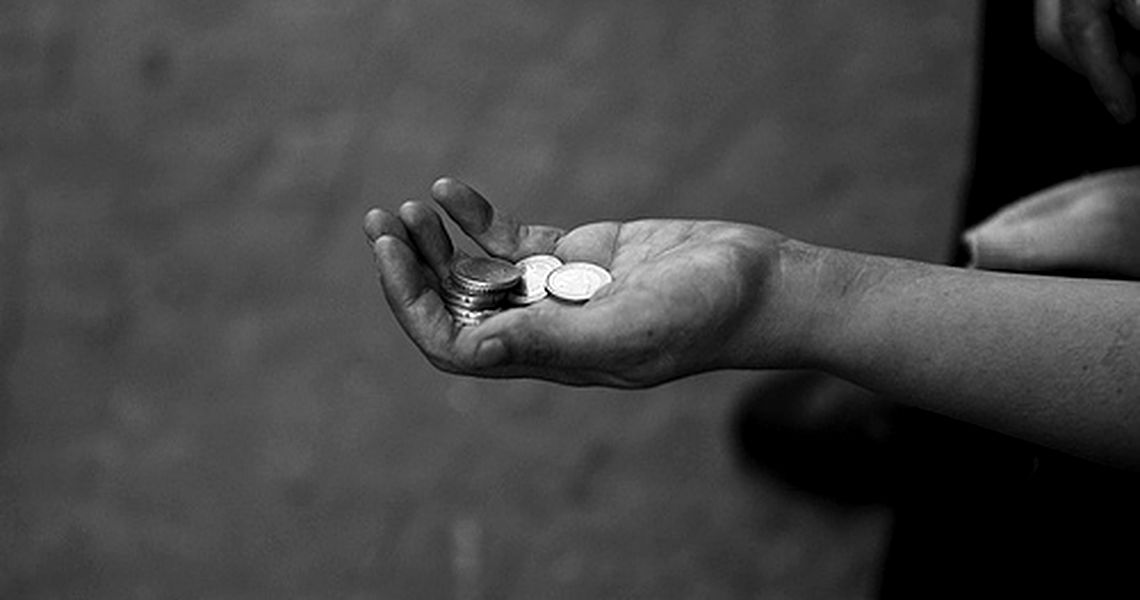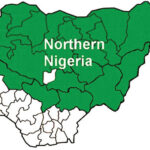I did not know we were on a roll. The good times were actually rolling but I was too deaf to hear and too blind to see the changes wrought by the man who promised us change, positive change, that is, in 2015. President Muhammadu Buhari brought me up to speed on what I was missing in his democracy day broadcast on June 12. He painted an alluring picture of a country that has more or less gone through the crucibles of insecurity, social, political and economic challenges and emerged from them all in one great and happy piece.
The president said that thanks to the various intervention programmes of his administration in agriculture, we now import less food and produce more food locally. As he put it, the ABP has “resulted in a sharp decline in the nation’s major food import bill.” Whereas before these initiatives took effect we spent $1 billion on rice importation alone, we now spend a rather paltry $18.5 million annually on the same foodstuff. I know those who are not laughing over this development –Thai rice farmers and our rice merchants, of course. In simple maths, because we import less food and produce more locally, we pay less for food.
- States differ over Buhari’s grazing routes directive
- After long silence, South East leaders condemn secessionist threats
Those of us whose wives buy from the local markets must have some problems with processing this. I do not know about you but as for me each time my wife returns from the market, she looks like she had a brush with the devil himself. Because the more money she takes to the market, the less foodstuff she brings home. It makes nonsense of the domestic food budget. Whatever might be the successes of the aforementioned initiatives, they are not entirely responsible for the low food import bill. The credit goes more or less to the shuttered borders. More importantly, at least two things have defied the success of these initiatives. One, local food production is low because the insecurity has kept farmers at home, not in the farms. It works out at less food at a higher cost to the consumers.
Two, the crash in the food import bill is welcome but we must not forget that hunger results from lack of food. If we do not have enough food or if the available food is priced beyond the reach of the majority of the people, the low food import bill itself would avail us nothing. Given the situation in which we now find ourselves, some adjustments need to be made quickly to ensure a reasonable balance between the need to save money and the need to feed the people and prevent the country from sliding down the dangerous slopes into famine. The World Bank has even warned of famine in sub-Saharan Africa. We must resolve not to add famine to the portfolio of our national challenges.
The Buhari administration is also winning the war against poverty. I welcome his ambition for our country to pull off its label as the poverty capital of the world. In the last two years, the president said, he had pulled 10.5 million Nigerians out of poverty. I confess that I have not met anyone among the newly non-poor people. They are not newly-minted millionaires , surely, but it is worth celebrating that they no longer live below the poverty line on less than $1.5 a day.
The president promised that he would take 100 million people out of poverty in ten years. His record here is good. We were told that at the end of his first term in office, he took five million people out of poverty. It works out at 15.5 million taken out of poverty so far in six years. At this rate, another country would soon replace Nigeria as the poverty capital of the world. That would be a good thing; a very good thing, for Buhari and our dear country.
Still, something tells me there is plausible fiction in this grand claim. From all indications, the poverty in our country is clearly deepening and thus worsening in the face of our insecurity challenges and a national economy sustained somewhat with loans. The wanton destruction of lives and property, the uprooting of perhaps millions of people from their homes and the loss of their means of livelihood and who now live in the internally displaced persons’ camps deprived of economic activities, the desertion of farms by our peasant farmers for fear of killers and kidnappers with the obvious result that we produce less food locally, the disruption of commercial and social interactions because killers, bandits and kidnappers are the lords of our roads – all these point to the fact that what the president sees here is not really what it seems. The news on that front is not that heartening.
Only a few days after the president made his claims, the World Bank said to him, not so fast. Buhari’s take on poverty reduction must have made its officials wince. In a report released on June 16 the bank said that a high inflation rate led to the high cost of goods and services and made seven million additional Nigerians poor.
“As of April 2021,” the professional spreader of bad news noted, “the inflation rate was the highest in four years. Food prices accounted for over 60% of the total increase in inflation. Rising prices have pushed an estimated 7 million Nigerians below the poverty line in 2020 alone.”
But not to worry. The administration’s war against poverty is on course, even if a combination of factors encourages poverty to fight back with devilish determination. By the time the president leaves office, he would have given poverty, the scourge of developing nations, a bloody nose. Remember what a herculean task this is; of our estimated 207 million or 230 million, 100 million live below the poverty line. Indeed, we now have the poor and the extremely poor, all of whom constitute problems and challenges to our development efforts. But not to worry. Buhari is on top of it.
Here is the president’s assurance: “My vision of pulling 100 million poor Nigerians out of poverty in 10 years has been put into action and can be seen in the National Social Investment Programme, a first in Africa and one of the largest in the world where over 31.6 million beneficiaries are taking part. We now have a National Social register of poor and vulnerable households, identified across 708 local government areas, 8,723 wards and 86,610 communities in the 36 states and Abuja.”
Fighting poverty is a circular challenge. This is not Buhari’s problem; it is a human problem. When a government pulls some people above the poverty line, circumstances push new people below the poverty line. It is a win-lose-win-lose situation. You can see that whereas Buhari pulled 10.5 million people out of poverty in the last two years, seven million new people sank below the poverty line in 2020. I find it frustrating.
Indeed, the president does not find it less frustrating. He confessed that his efforts to bring solutions we can believe in are being undermined by “scarce resources and galloping population growth rate that consistently outstrips our capacity to provide jobs for our populace.”
See what our stellar performances in the maternity wards is doing to our economy and job creation? In the 19th century debate on population explosion, Rev Malthus, I think, said not to worry about population growth causing famine because for every mouth, God provides a pair of hands. A pair of hands should be able to feed one mouth, right?

 Join Daily Trust WhatsApp Community For Quick Access To News and Happenings Around You.
Join Daily Trust WhatsApp Community For Quick Access To News and Happenings Around You.


